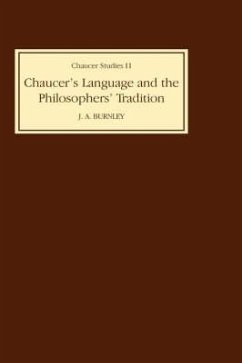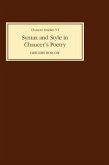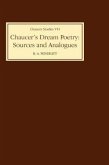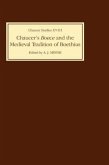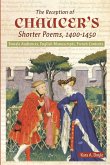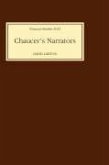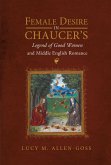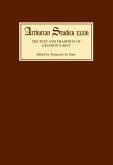This book is designed to explore the various kinds of association found in Chaucer's lexical usage, and so to alert the reader to the wider implications of particular words and phrases. By concentrating on the `architecture' of the language, Dr Burnley offers what is in some respects an antidote to the skilled contextual glossing of the editor, whose activities may often obscure important connections. Such connections are vital to the interpretation of anywork as a whole, and awareness of them is what distinguishes the scholar from the student who can `translate' Chaucer perfectly adequately without being aware of deeper meanings. Even apparently simple words such as cruel, mercy and pity can often carry subtle echoes and overtones. Dr Burnley is particularly concerned with words which carry some conceptual association, and thus with moral stereotypes inherited from classical and earlymedieval philosophy, which formed the currency of both secular and religious ideals of conduct in the Middle Ages. His prime concern is to identify the themes and symbols and their characteristic language, and thus to provide a firm basis for critical investigation in Chaucer's literary use of this material.
Hinweis: Dieser Artikel kann nur an eine deutsche Lieferadresse ausgeliefert werden.
Hinweis: Dieser Artikel kann nur an eine deutsche Lieferadresse ausgeliefert werden.

